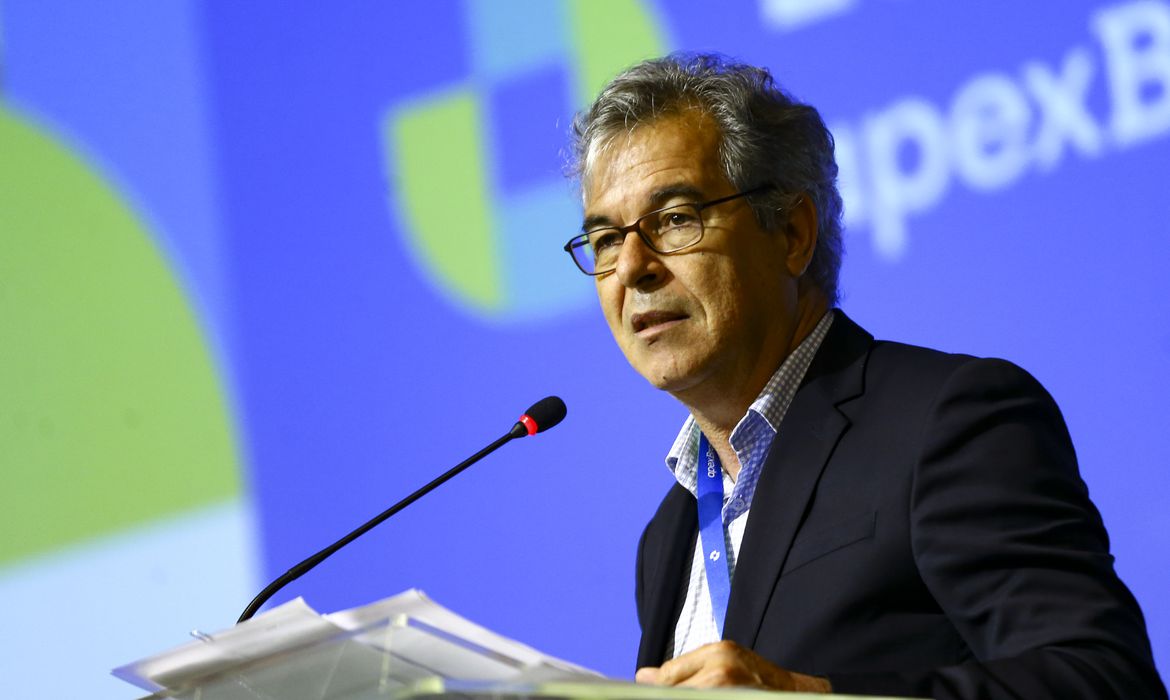
The president of the Brazilian Export and Investment Promotion Agency (Apexbrasil), Jorge Viana, anticipated on Monday, 12, that Chinese companies should announce investments over R $ 27 billion in Brazil. The information was released during the Brazil-China Business Forum, held in Beijing.
The event takes place with the participation of representatives of the economic sectors of the two countries and was organized at the request of President Luiz Inacio Lula da Silva, being treated as the main bilateral meeting of recent years, according to authorities involved. The initiative focuses on strengthening trade relations and the expansion of the Brazilian presence in the Chinese market.
“China is the most important commercial partner in Brazil. The flow of commerce is $ 160 billion with China, which today is the object of desire for many products around the world, due to the volume of its imports. Brazil is an extraordinary partner… Presidents Lula, who now presides over the BRICS, and Xi Jinping, perform a two -way business environment,” said Jorge Viana during their participation in the forum.
The advertisements provided for not only new contributions in the Brazilian territory, but also the expansion of access of Brazilian products to the Chinese market. The opening of new commercial channels, according to Viana, is part of a long -term cooperation strategy.
Among the strategic projects discussed in the Forum is the Bioceanic Railroad, considered by Viana as essential for increasing competitiveness in the transport of goods between South America and Asia. The project foresees the rail connection between Brazil and the Pacific Ocean, through the Peruvian territory, reaching the port of Chancay.
According to the president of ApexBrasil, the railroad would function as an alternative to the Panama Canal, reducing the time and logistics costs of South American exports to the Asian market. “The Chinese want to fund this railway for a few years,” he said.
The rail connection proposal includes a layout adapted to the environmental characteristics of the Amazon region and aims to reduce the environmental impact in relation to other logistics routes. “The railroad project, arriving at the Port of Chancay, Peru, creates an alternative to the Panama Channel less damage to the environment and which fits the conditions of the Amazon,” explained Viana.
The meeting in Beijing takes place amid an international scenario marked by commercial disputes involving great powers. According to Viana, the bilateral environment between Brazil and China is seen as a counterpoint to increased tariffs and commercial barriers promoted by other countries.
“The largest economy in the world tension the planet with tariffs and barriers. Here there is a growth in a quiet sea, based on cooperation and multilateralism. For business, that’s all a person wants,” he said.
The negotiations conducted during the Brazil-China Forum are part of a broader agenda of strengthening the strategic partnership between the two countries, which includes actions within the BRICS Group, Infrastructure Investments, Expansion of Agricultural Trade and cooperation in technological sectors.
The full details of new investments and trade agreements will be formalized over the next few days, with the participation of authorities from both countries and private sector representatives.
According to ApexBrasil, the commercial relationship with China currently represents the largest source of revenue for the Brazilian export sector. Among the main shipped products are soy, iron ore, gross oil, meat and cellulose. With the possible opening of new markets, other segments may be included in the export guidelines.
The Brazilian government also sees in partnerships with Chinese companies an opportunity to boost sectors such as energy, logistics, manufacturing and technology. The expectation, according to government interlocutors, is that the agreements signed in this edition of the Forum generate medium and long term effects on the performance of the Brazilian trade balance.
The Brazil-China Forum is promoted by Apexbrasil in partnership with the Brazil-China Business Council (CEBC) and Chinese government officials, and brings together entrepreneurs, investors, diplomats and governments of both countries. The program includes business rounds, institutional presentations, sectoral panels and bilateral meetings.
The event also marks a stage of the Brazilian presidency at BRICS, a group that brings together Brazil, Russia, India, China and South Africa, under the leadership of Lula this year. The articulation with China, in this context, is considered strategic to consolidate a front of multilateral cooperation and expansion of Brazil’s commercial influence on the Asian continent.
Source: https://www.ocafezinho.com/2025/05/12/china-deve-anunciar-r-27-bilhoes-em-investimentos-no-brasil-durante-forum-em-pequim/

